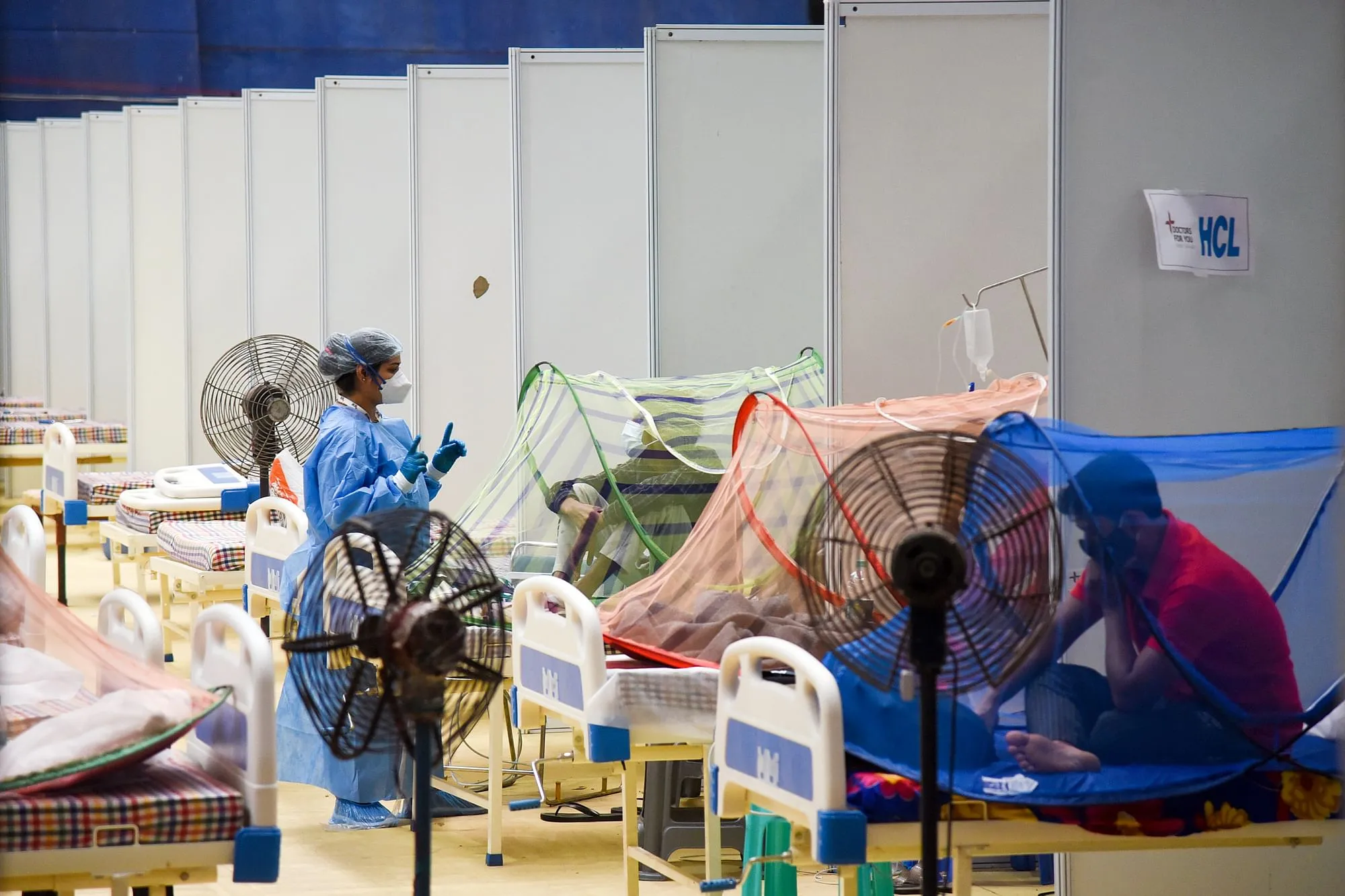Srinagar: At least 63 percent of the population in Jammu and Kashmir was found to have developed Corona-virus antibodies, according to the findings of a Sero-survey conducted by the Indian Council of Medical Research (ICMR) between June 14 and July 6.
According to ICMR’s study, J&K is among 21 states and UTs where a fourth Sero survey was conducted to know the percentage of people who have developed Coronavirus antibodies.
Madhya Pradesh leads the chart with 79 percent Sero-prevalence while Kerala is at the bottom with 44.4 per cent. Sero-prevalence in Jammu and Kashmir was 63 per cent, a total of 430 samples were tested, according to the survey’s finding.
The finding of the fourth round of national Sero-survey conducted by the ICMR across 70 districts of India was shared by the Union Health Ministry on Wednesday.
“During June, ICMR in collaboration with GMC conducted Sero survey in Pulwama district. We are currently collecting data for another Sero survey in the Kashmir division. These surveys help us in finding out the percentage of population which has developed Covid anti-bodies,” said Muhammad Salim Khan, head of Community Medicine, Government Medical College, Srinagar and nodal person for the ICMR’s national Sero survey for Pulwama. In the previous three rounds in Pulwama district, the Sero prevalence among the general population was found to be 2 percent, 27.3 percent and 31.5 percent respectively in May, he said.
As per the statement of the Union Health Ministry, the union government has advised all states and UTs to conduct Sero-prevalence surveys in consultation with ICMR to generate district-level data on it (Sero-prevalence) which is essential in formulating localized public health response measures. This has been stated in the letter written by the Union Health Secretary to the Additional Chief Secretary/Principal Secretary/Secretary (Health) of all states.
“The Union Health Ministry has referred to the findings of the 4th round of National Sero-prevalence survey done by ICMR and has advised the states to conduct the Sero-prevalence studies in their own states/UTs in consultation with ICMR, so that such studies follow a standardized protocol, and the findings of such studies can then be utilized quickly by the respective state and UT to guide objective, transparent and evidence-based public health response to Covid-19,” reads the statement.
The national Sero-survey by ICMR was designed to capture the extent of the spread of Covid infection at the national level. Therefore, the national Sero-survey results do not reflect the heterogeneity of Sero-prevalence among districts and even among states, it adds.







